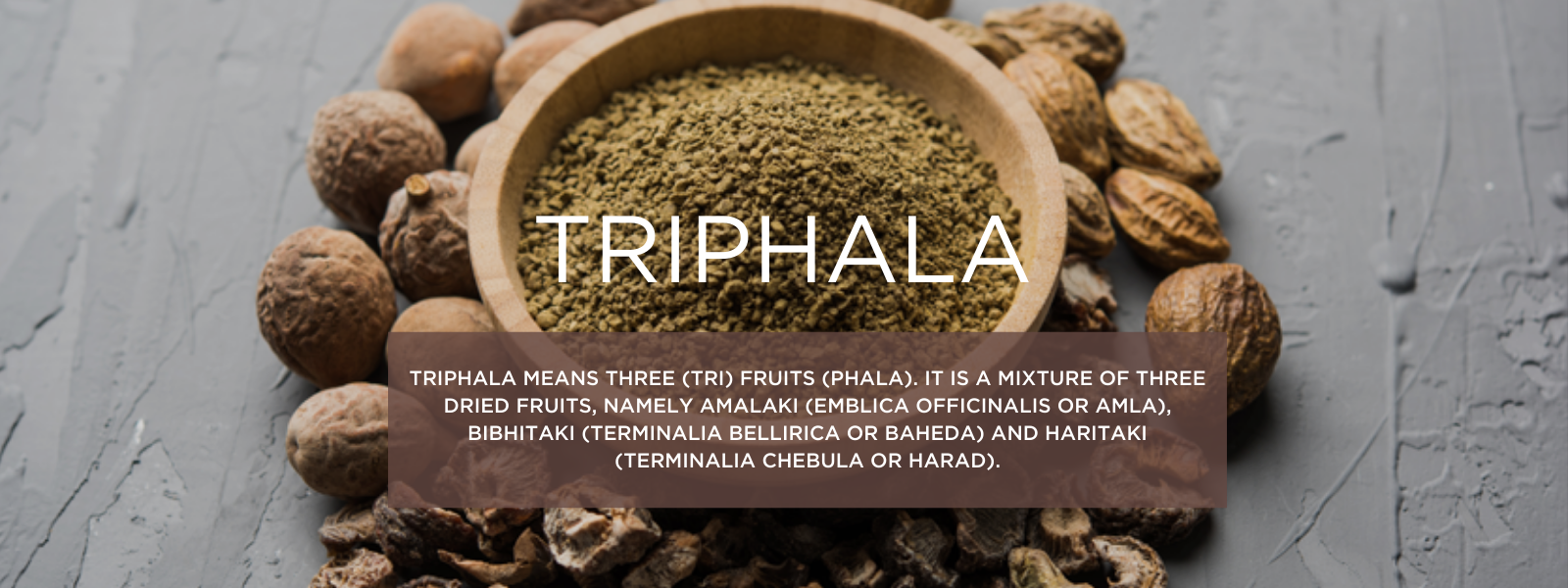Nilavembu, known as the "King of Bitters," is one such popular herb that has numerous immune-enhancing qualities, including antipyretic, cholagogue, digestive, hepatoprotective, and anti-inflammatory effects. It has also been used as a traditional cure for treating various illnesses in the Ayurvedic and Siddha systems of medicine, as well as in Unani, Homeopathy, Chinese medicines, and tribal medicine. This herb, known as "Kalmegh" in Hindi, is the most effective treatment for various intermittent fevers, which are most frequently brought on by conditions including malaria, dengue fever, chronic fever, and chikungunya.
Table of Contents
What is Nilavembu?
Nilavembu, also known as Andrographis paniculata in botanical terms, is a member of the Acanthaceae family. The annual herb, which can reach a height of 30 to 110 cm, is extensively grown throughout Asia during the autumn. The plant has four dark green, quadrangular stems that are winged-angled at the young parts and have somewhat expanded nodes. The stems also have longitudinal furrows. The leaves are typically opposite decussate, lanceolate, glabrous, pinnate, and dark green on the stems. These plants typically have tiny flowers, but their fruits—linear-oblong capsules—contain a large number of little, yellowish-brown seeds.
Nilavembu, a strong Siddha and Ayurvedic herb, is frequently utilised in nearly all ayurvedic preparations meant to protect the immune system and eliminate dangerous toxins. The bitter herb is a traditional treatment for physical weakness or weariness, encouraging liver functions, enhancing appetite, boosting digestion, improving metabolism, and stimulating kidney functions in addition to reducing many types of viral fever. This extraordinarily potent bitter plant offers an exceptional therapy for all, whether the condition is blood problems, skin conditions, loss of appetite, fatty liver, intestinal parasite, constipation, or hepatomegaly.
Composition and chemical compound of Nilavembu:
With a high content of diterpenoids, lactones, diterpene glycosides, flavonoids, and flavonoid glycosides, nilavembu is a strong antipyretic and expectorant herb. Andrographolide and andrographis extract, which have anti-inflammatory, antioxidant, vermicidal, laxative, hypoglycemic, hepatoprotective, digestive, and cholagogue activities, are thought to be the key active ingredients.
Health benefits of Nilavembu:
- Promotes overall wellbeing:
Nilavembu is helpful for persons with diabetes and helps to maintain blood sugar levels, as well as arthritis, liver diseases, and cancer. It detoxifies the liver and aids in the fight against cancer.
- Reduces Risks of fever
Its abundant antibacterial and antiviral qualities assist control various types of fever, including those caused by dengue, typhoid, influenza, malaria, and chikungunya.
- Aids in Arthritis
Its abundant anti-inflammatory effects reduce joint inflammation. It works well in treating the symptoms of rheumatoid arthritis, for which it is most frequently suggested.
- Supports Skin Issues
Nelavembu's antioxidant and antibacterial characteristics help to purify blood, which is beneficial for treating skin issues. Its bitter flavour aids in the removal of toxins from the blood, which relieves skin issues. It is frequently used to treat skin eruptions and sin boils.
- Supports Digestion
This herbal tonic, which is renowned for its exceptional digestive powers, aids in reducing the production of gas, constipation, bloating, ulcers, and stomach pain.
- Helps in ulcer
Its abundant anti-inflammatory and anti-ulcer qualities are crucial in managing a variety of ulcers, including peptic ulcers, mouth ulcers, ulcerative colitis, etc.
- Keeps heart healthy
Its bitter taste protects the heart by bolstering heart muscles, preventing cholesterol buildup, heart blockages, and blood clots, and controlling blood pressure.
- Cures respiratory tract infection
It has been a traditional medical tonic that promotes optimal respiratory health and lowers the risk of respiratory issues. Its potent anti-inflammatory, antibacterial, and anti-asthmatic effects are crucial in treating colds, coughs, and flu as well as clearing mucus from the lungs, which makes it easier to breathe.
- Boosts Immunity
This herbal tonic protects the body from pathogens and illnesses and also helps body wounds heal more quickly. Additionally, it promotes physical strength and aids in reducing weakness and weariness.











Leave a comment